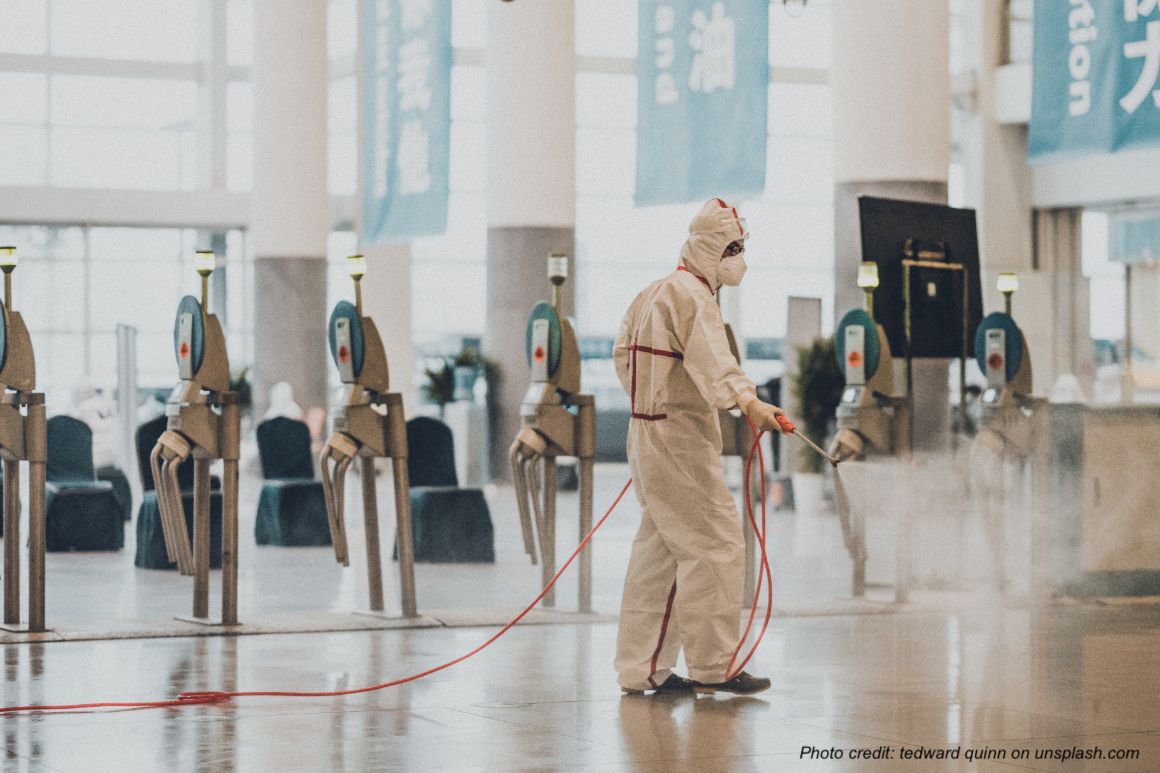Last update: April 18, 2020
Public transport operators take exceptional measures to contain the Covid-19 outbreak.
As we have learned from the media in the past weeks, transit is faced with an unprecedented situation of maintaining service while running on almost no revenue due to falling demand.
Keeping public transport operational is critical so that essential workers are well connected, and that people can travel to work or for other needs that cannot be postponed during the crisis.
Most companies keep the lines that link hospitals and care facilities well operated, while cutting down on service and frequency on other less essential lines. The frequency of the vehicles is adjusted to safeguard the the distance of 1-2 meters between passengers.
Several operators like the MTA and TfL have requested governmental financial support to compensate for the losses.
What is the situation around the world?
- London: TfL forecasts £500m (€548m , $612m) revenues drop in the coming period as it cuts services and closes some 40 stations on its network
- Barcelona and Madrid: service hours are modified as some non-essential workers are allowed to return to work as of this week, although most restrictions remain in place nation-wide
- France: public transport disinfection is written into law, as it long-distance trips by train, bus, planes are reduced; in Paris, some 50 stations are shut and the subway schedule is modified; several TGV trains are converted into mobile hospitals carrying patients to nearby hospitals
- New York: ridership on subway is down 90% compared to the same period last year, as the MTA requests another round of $4 billion in federal aid to compensate for losses (after receiving $3.8 billion two weeks ago); other states have also received financial aid, among which Massachusets, New Jersey, Wisconsin, Texas, and Pennsylvania
- Kiev, Ukraine: the subway system is closed, and no more than 10 people at a time are allowed to travel on busses and trams
- India: all public transport was temporarily shut, which led to dramatic scenes of large crowds of migrant workers having to walk home on foot to reach their homes; at the moment, service is provided on a limited basis
- Uganda and Eritrea: public transport is halted
- Wuhan, China: transit is restarted as authorities ease restrictions
- Masks are mandatory in public transport in the cities of Jena (Germany), Prague (Czech Republic), and Jakarta (Indonesia)
- Bus drivers in different cities across the world shut access to front-door boarding and impose a 2-meter safety distance between them and passengers
- The International Union of Railways launched a Task Force to combat the spread of the Covid-19 among its stakeholders
Avoiding virus spread when travelling in public transport
Germs such as the Covid-19 thrive in public transport premises, as they mostly transmit from droplets that land on shared surfaces. People then touch their hands to their face which leads to infection.
Authorities advice against taking any trips on public transport if possible. If travelling is cannot be postponed, it is necessary to take the following precautionary measures:
- sitting in quiet areas or at least 2 m away from other passengers
- being aware of the surfaces touched
- paying extra attention to not touching one’s face when travelling
- using hand sanitiser, or washing hands thoroughly with soap after travelling



